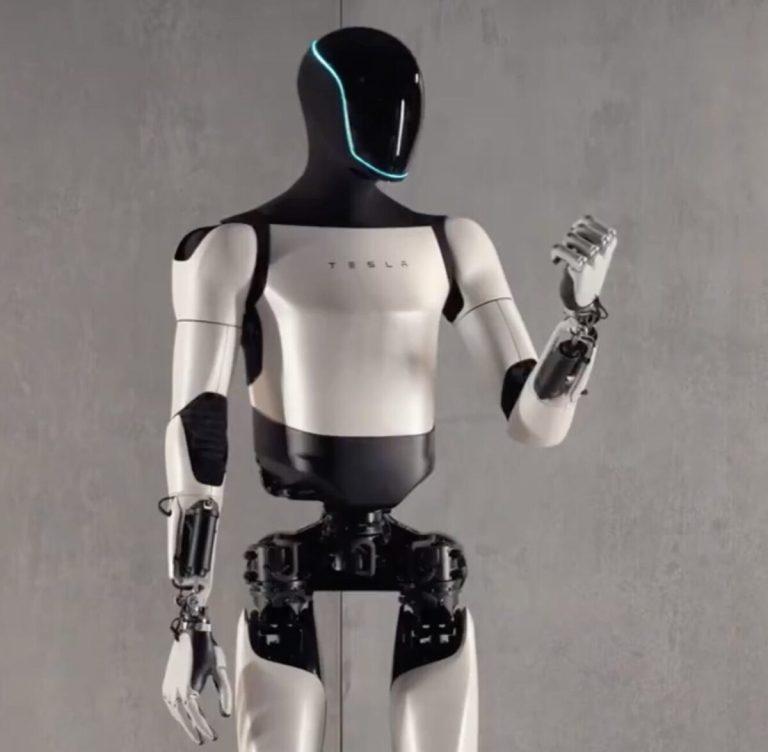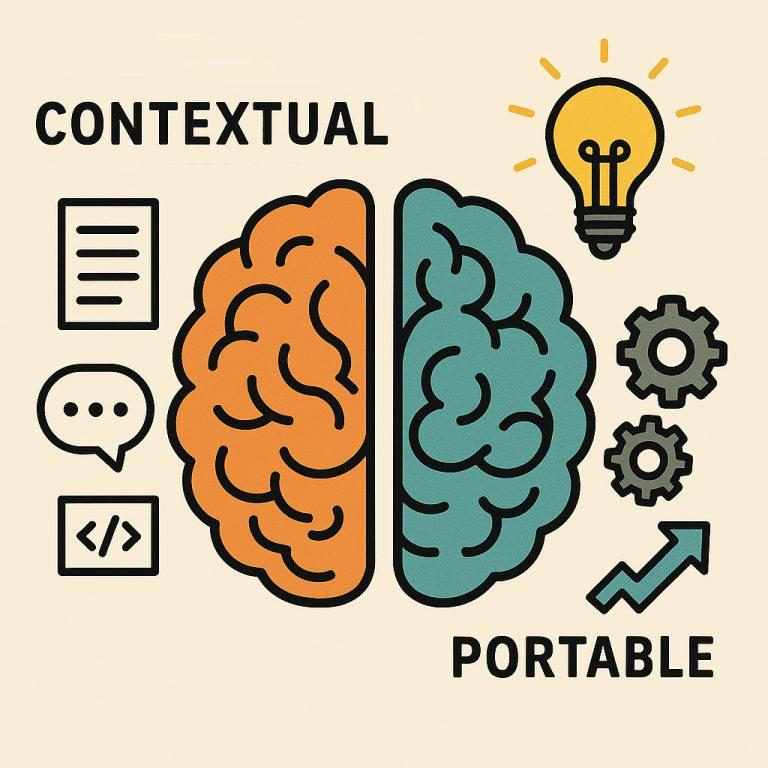Learning to Unlearn
What AlphaGo, Jiu-Jitsu, and My Own Stalled Efforts are Telling Me About Learning
The Unexpected Master
I recently came across an interesting interview with David Silver, who lead the AlphaGo team at Google DeepMind. Team that built groundbreaking AI which beat human world champion at the game of Go.
The initial versions of AlphaGo were fed thousands of expert human games to learn traditional strategies But the real breakthrough came with AlphaGo Zero, which learned NOTHING from humans – just the basic rules of the game. It taught itself by playing millions of games against itself. The result? It not only surpassed the human-trained version but discovered innovative moves that 3000 years of human expertise had missed. The most famous example was “Move 37” – a play so alien and creative it initially baffled human experts, yet proved devastatingly effective. By removing human “wisdom” the AI wasn’t constrained by our strategies or biases, allowing it to discover entirely new approaches to the ancient game.
The Beginner’s Advantage: Lessons from the Jiu-Jitsu Mat
This AlphaGo story struck a chord with me. It reminded me of my recent foray into the world of Brazilian Jiu-Jitsu. Having not done anything remotely close to this in my life before, I was prepared for a steep learning curve. What I wasn’t prepared for was the reaction of every coach I met. When I’d sheepishly admit, “Yeah, I’m a total beginner, I’ve never done anything like this,” a look of genuine relief would wash over their faces.
“Oh, thank goodness!”, “You have no idea how much easier it is to teach someone who is starting fresh than to undo six months of bad training or just training with different style.” Apparently, my blank slate was a feature, not a bug. They’d rather build from the ground up than spend half their time dismantling pre-existing, often counterproductive, techniques. My inexperience was actually an asset – like a child learning to swim without the adult’s fear of drowning that tenses muscles and creates resistance against the water.
My Stalled Efforts: When Experience Feels Like Baggage
This theme of “unlearning” has been hitting particularly close to home as I’ve been wrestling with the idea of starting something of my own? For years, I collected experience at big tech companies. I was convinced that I was amassing a treasure chest of invaluable skills, learning how things are done, how to build, how to scale. And that knowledge is valuable.
The frustrating reality I’m confronting is that when it comes to things like entrepreneurship, that treasure chest sometimes feels more like a heavy anchor. My brain, conditioned by years of structured environments, risk mitigation, and “best practices,” is incredibly adept at generating a hundred reasons why a new idea won’t work. It’s almost a reflex. Yet, the startup world often rewards a certain naiveté, a touch of self-delusion even – a belief that you can build this impossible thing. The very “experience” I prized might be hampering the fresh, first-principles thinking that genuine innovation often demands. It’s been a tough pill to swallow, realizing that hitting the ground running is hard when you’re carrying so much pre-loaded “wisdom.”
As the famous Programmers’ Credo goes:
“we do these things not because they are easy, but because we thought they were going to be easy”
Learning to Unlearn
So where does all this leave me? I’m not sure, honestly. I just keep noticing this same counter-intuitive pattern popping up in different corners of my life, and I wonder if there’s something to it. Maybe piling on more knowledge isn’t the only way to grow. Maybe there’s another skill that’s just as important but gets much less attention: learning how to unlearn.
I see it with Mihir, my two-year-old son almost every day. It’s fascinating, really. The way he soaks up the world around him feels so pure, so unfiltered. Our nanny speaks Spanish with the family… it’s kind of amazing and humbling how my son now casually throws out Spanish phrases that I still stumble through after years of half-hearted Duo lingo sessions.
What if the ability to approach problems with a “beginner’s mind,” even when we’re not beginners, is a superpower? What if consciously “forgetting” or sidestepping our biases is as crucial as acquiring new skills? It’s a daunting thought, especially when expertise feels like a security blanket. But I’m starting to believe in order to truly break through our own plateaus, we might need to get comfortable with wiping parts of the slate clean.



